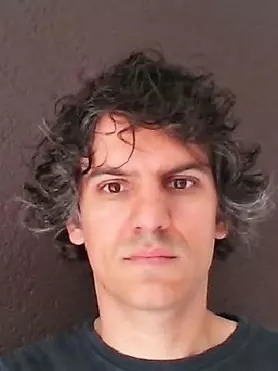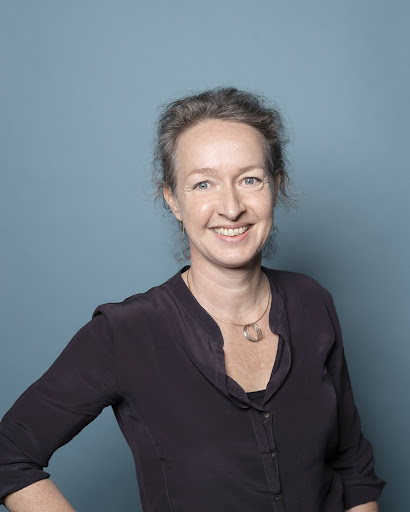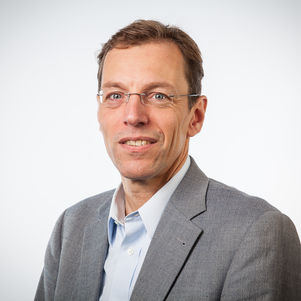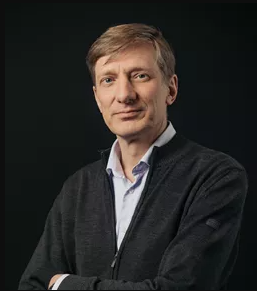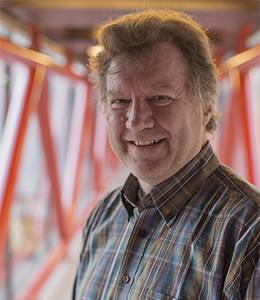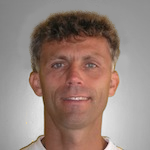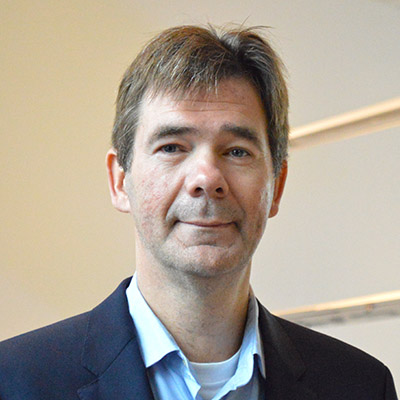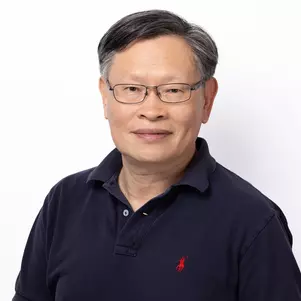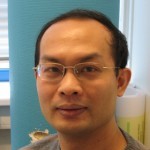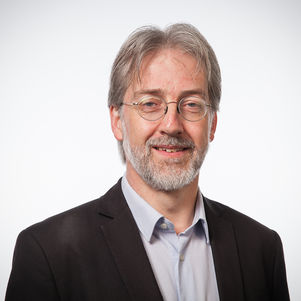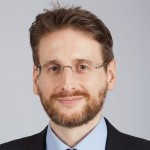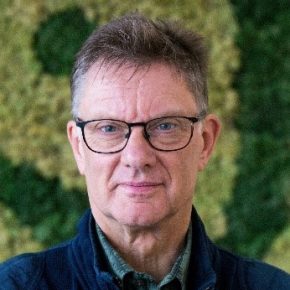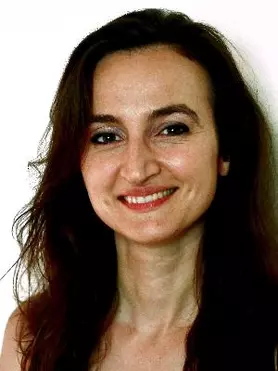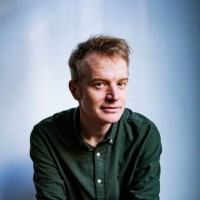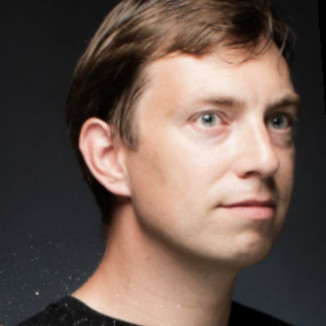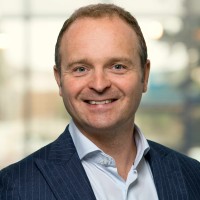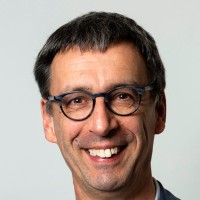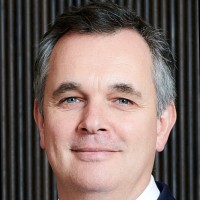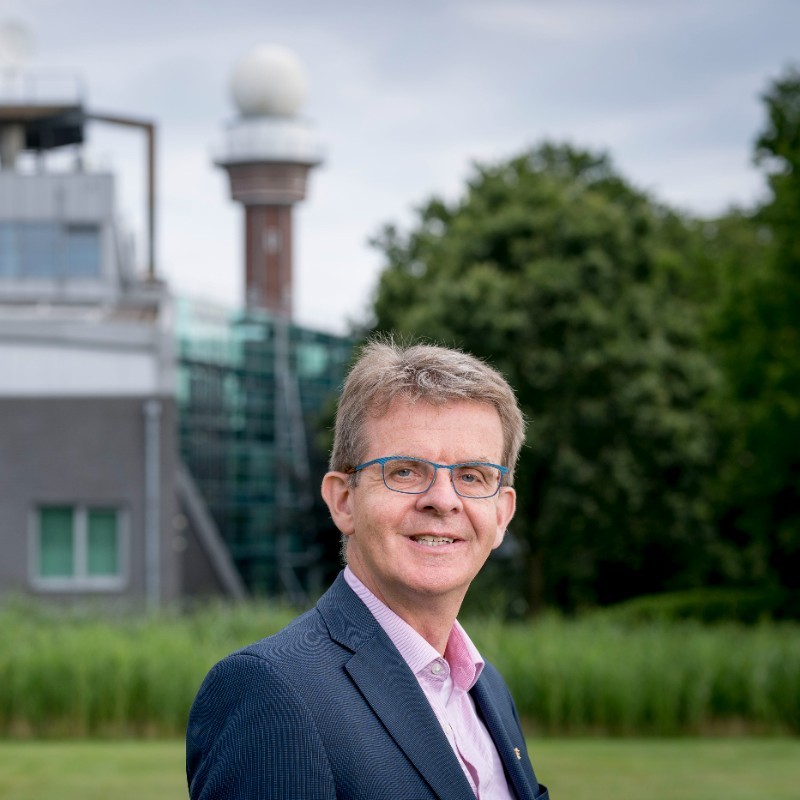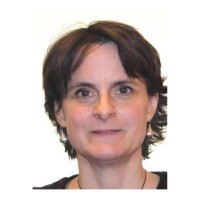Sensing from Space
Sensing from Space is focused on improving remote sensing capabilities, the bedrock of many missions to space. Innovative sensor systems are crucial for observing the universe and monitoring our own planet. Read more
Distributed Space Systems
Sensing from Space intersects with the second theme, Distributed Space Systems, where multicomponent systems can form virtual instruments spread over several satellites. Navigation of constellations, and even swarms, is a challenging research area. TU Delft has all the necessary in-house expertise to do innovative research in this field. Read more
Space Robotics
Nowadays, the performance of small satellites is often severely limited by the lack of a propulsion system. The development of miniaturized propulsion systems is an important research topic within Space Robotics. Other topics are orbital servicing and space debris handling, as well as testing commercial devices under space condition. Read more
Privilege
The TU Delft Space Institute is an open institute. The scientists collaborate with partners both from within and outside university. The research institute was founded in 2015. It is part of Delft University of Technology. Director Eberhard Gill: “It is a privilege to bundle the creative energy of all those great scientists, who do space research at TU Delft.” Read more
